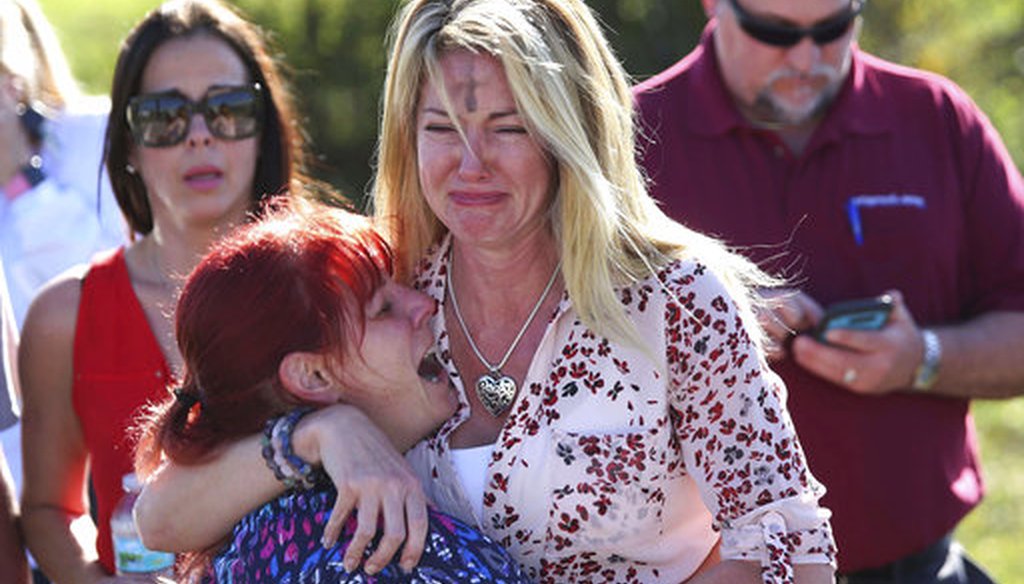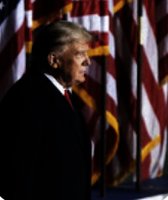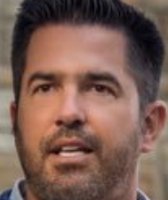Get PolitiFact in your inbox.

Parents wait for news after a reports of a shooting at Marjory Stoneman Douglas High School in Parkland, Fla., on Wednesday, Feb. 14, 2018. (AP)
How do we prevent school shootings?
At least 17 people were killed in a Florida high school shooting on Valentine’s Day, the latest mass shooting in the United States.
The events at Marjory Stoneman Douglas High School in Parkland, Fla., follow other high-profile school shootings, leading many to ask how such shootings can be prevented.
The answers here are not simple -- or cheap. We found experts and research that addressed many different ideas, from gun control to threat assessment measures to metal detectors. We documented benefits and limitations with all of these ideas.
Advocates for gun control say that part of the solution is reducing access to firearms. But in recent years, Congress has been reluctant to pass such measures. In Florida, state lawmakers have more often proposed bills to expand gun rights rather than restrict them.
Avery Gardiner, co-president of the Brady Campaign to Prevent Gun Violence, said that in 68 percent of school shootings, the shooter gets the gun from a parent or close relative's house. (That statistic comes from a federal study that examined 37 incidents of school violence between 1974 and 2000.)
"The most effective way to reduce school shootings is not to put airport-level security screening at all school entrances; it is to keep guns out of the hands of children," Gardiner said.
Others suggest more mental health services. Philip Lazarus, director of the school psychology training program at Florida International University, said that the current national ratio is about one school psychologist to 2,000 students -- far above the recommended ratio.
"If you can intervene as early as possible and provide a ton of supports around these troubled youth, you can really prevent this from occurring," said Lazarus, who has served on a team that responds to school shootings. Interventions need to be focused not on punishment, but on how to get troubled youth into counseling, he said.
Mental health services can go hand in hand with threat assessment, a tool recommended by the FBI in 2000 as a way to prevent shootings. That process involves identifying students or other people who have threatened violence, assessing the seriousness of the threat, and then taking appropriate action, which can range from counseling to arrest.
Schools benefit from a well-trained, highly alert staff and student body, said Ken Trump, a national school security consultant.
"We learn more about weapons in school from kids who come forward and tell an adult they trust," he said.
In 2013, Virginia became the first state to pass legislation requiring each local school board to adopt policies for threat assessment teams. The teams include experts in counseling, instruction, school administration, and law enforcement. (A two-minute video by Education Week explains the steps of threat assessment.)
University of Virginia professor Dewey Cornell, who helped develop the Virginia Student Threat Assessment Guideline, told PolitiFact that it may be impossible to prevent all school shootings, but a simple focus on building security is "terribly short-sighted."
"Prevention must start long before there is a gunman in parking lot," Cornell said. "You don’t prevent forest fires by waiting for the trees to start burning and then try to snuff out the flames. The news media must stop perpetuating the idea that shootings are only prevented with security measures."
Nevertheless, in the wake of school shootings, many schools have invested in security, especially hiring school resource officers.
The number of schools employing uniformed officers skyrocketed from about 13 percent in 1994 to over 51 percent 2014, many funded through federal grant money, according to a study by Xavier University criminal justice professor Cheryl Lero Jonson.
But two of the deadliest school shootings -- Columbine and Virginia Tech -- occurred despite the presence of armed police. Columbine had an armed school resource officer, while the morning of the shooting at Virginia Tech, five officers plus the police chief were present on campus. In both shootings, the killers were well-aware of armed officers on their campuses.
Similarly to adding security officers, many schools have ramped up access control measures, such as locking doors, requiring visitors to sign in and ID badges.
However, Jonson found that no study examined the effect of implementing these measures on a school shooting.
"The stubborn reality is that the majority of school shooters are students, faculty, or staff of the school who have the proper identification to gain entry to the grounds," she concluded.
Metal detectors have been implemented less often due to the cost. The research on their effectiveness is not extensive, but some studies do show a beneficial effect.
A 2000 study found in Chicago, metal detectors prevented 294 weapons, 15 of which were guns, from entering schools. A 1993 sample of New York City schools with metal detectors showed a deterrent effect because some students said they were less likely to bring guns to school.
But even metal detectors are no guarantee. In 2005, a teenager killed an unarmed security guard and passed through a metal detector at a high school in Red Lake, Minnesota and murdered a teacher and five students.
Our Sources
School Psychology Quarterly, "School threat assessment as a standard school safety practice: results from a statewide implementation study," August 2017.
National Association of School Psychologists, Research on School Security The Impact of Security Measures on Students, June 2014
The Conversation, "Why security measures won’t stop school shootings," Feb. 14, 2018
University of South Florida, What Can Be Done About School Shootings?: A Review of the Evidence, 2010
Lynn A. Addington American University, Cops and Cameras Public School Security as a Policy Response to Columbine, 2009
Victims and Offenders, "Preventing School Shootings: The Effectiveness of Safety Measures," 2017
City Lab, "How to Make a Safer School," July 2017
Safe Havens International, Fatal Shooting at Marjory Stoneman Douglas High School in Parkland Florida, Feb. 14, 2018
Florida Safe School Design Guidelines, 2003
NIJ Journal, Preventing, Preparing for Critical Incidents in Schools
Education Week, "How Schools Should Respond to a Student’s Threats," Jan. 9, 2018
Miami Herald Naked Politics blog, Guns, accessed Feb. 15, 2018
Interview, Dewey Cornell, Clinical Psychologist and Professor of Education, Director, Virginia Youth Violence Project, Curry School of Education, University of Virginia, Feb. 15, 2018
Interview, Philip Lazarus, Director of the School Psychology Program at Florida International University, Feb. 15, 2018
Interview, Lynn Addington, Professor Department of Justice, Law & Criminology American University, Feb. 15, 2018
































